Tseshaht mother-daughter fisher duo Natasha and Mercedes Marshall Gallic want to help Indigenous women play more prominent roles in the province’s fishing industry. Last week the pair spoke at the annual BC Young Fishermen’s Network conference in Campbell River on creating opportunities for young Indigenous women to get out on the water.
“I witnessed my family at a very early age, about five years old, bringing in the fish home, being able to clean it, either putting it in our freezer for the winter use or selling it.”
Natasha Marshall Gallic
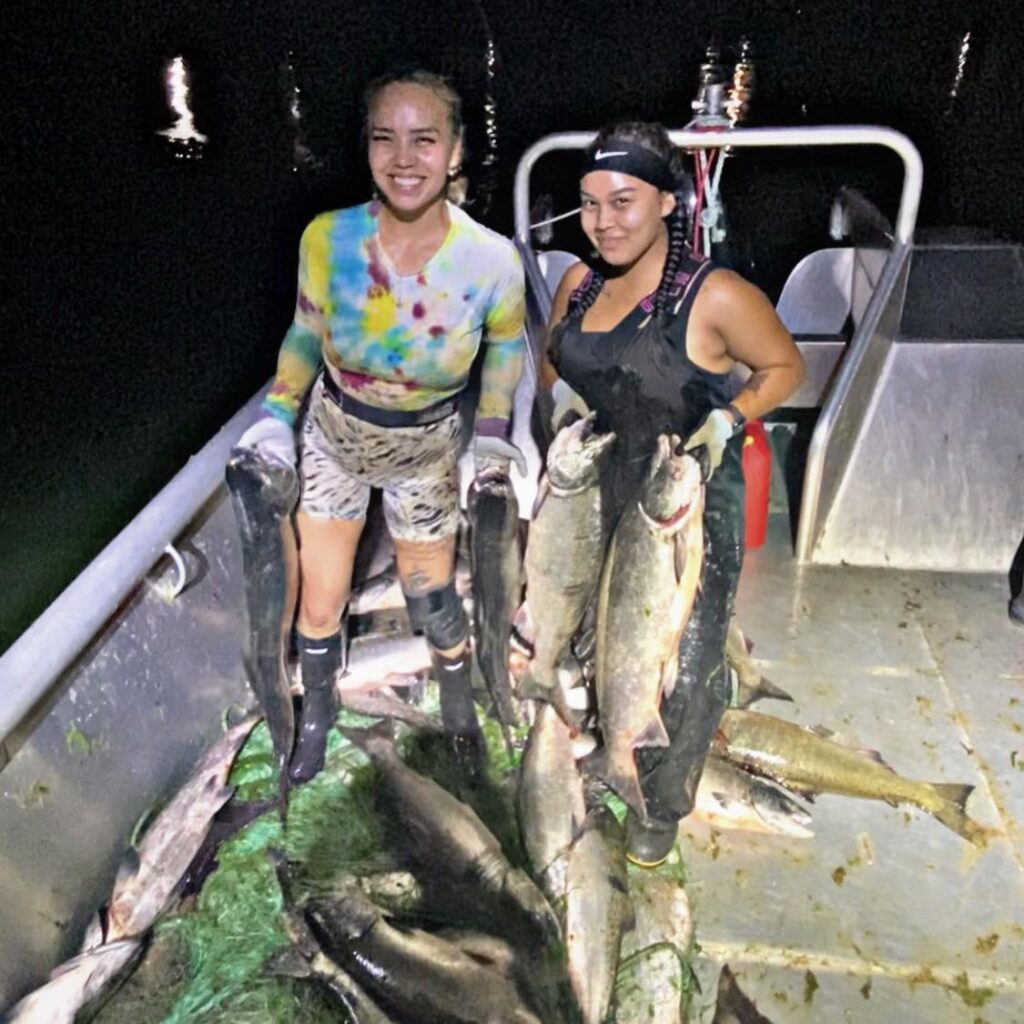
Both have been fishing all their lives and now own their family business, utilizing a custom-made 22-foot aluminum boat. Natasha has completed the Indigenous Business Leadership Executive MBA program at Simon Fraser University and is the business support officer for the Native Fishing Association.
West Coast Now spoke with them at the conference to ask them about the experiences of young Indigenous women fishers and how they feel about the future of the industry.
“I witnessed my family at a very early age, about five years old, bringing in the fish home, being able to clean it, either putting it in our freezer for the winter use or selling it,” Natasha told us.
“It’s [your] constitutionally protected right to be out on the water.”
Natasha Marshall Gallic
“But I didn’t start fishing probably commercially until my early twenties and learning from my father as well and then moving on to being a deckhand on my brother’s boat and then being able to invest in myself. After that, I was able to purchase my own boat.”
“I’m here today to hopefully inspire younger generations to get out there onto the water, too, because I started at an early age.”
Mercedes Marshall Gallic
She wants to see more young Indigenous fishers in the industry: “It’s [your] constitutionally protected right to be out on the water.”
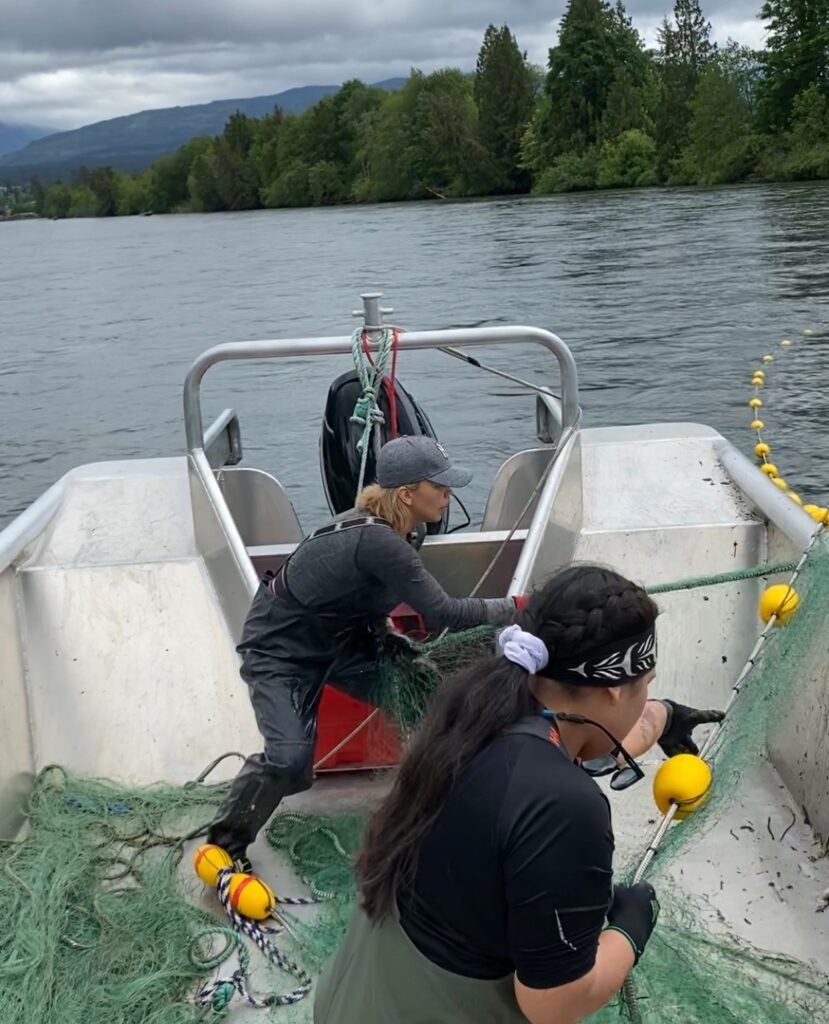
Natasha also mentioned the support that exists to get young Indigenous women out in fishing boats. Such support includes the Native Fishing Association’s Indigenous Women Entrepreneurship Microloan program, which provides opportunities to those who want to start their own businesses.
“I’m here today to hopefully inspire younger generations to get out there onto the water, too, because I started at an early age,” Mercedes told us.
The future looks bright for young fishers like her. “I definitely feel hopeful because my younger siblings are starting out younger than I did. I think I was 10 or 11, and my sister was out there when she was like 7 or 8,” she said. “So I’m happy to see that spark that’s lit within them too.”





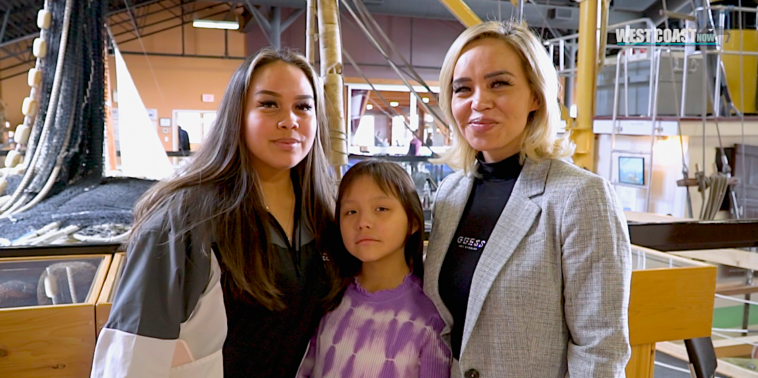
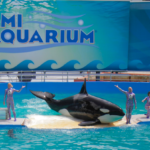
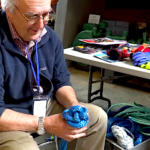
One Comment